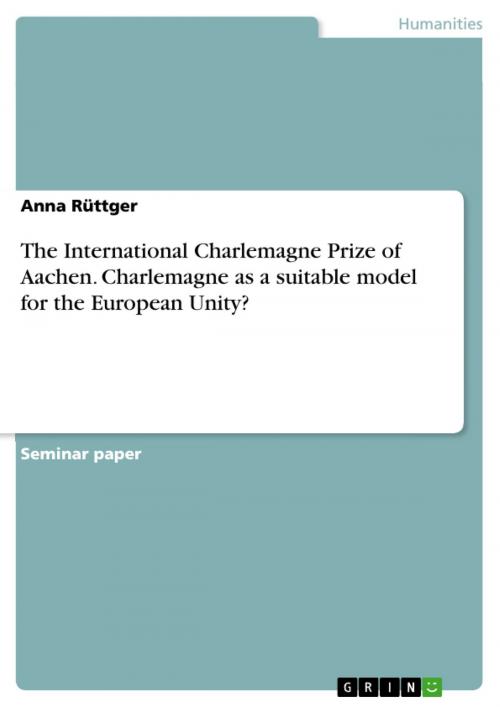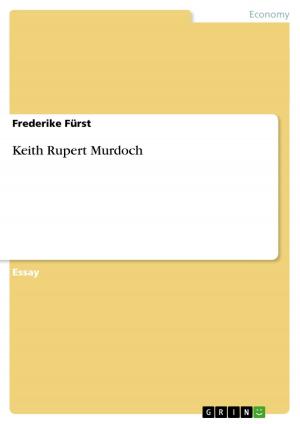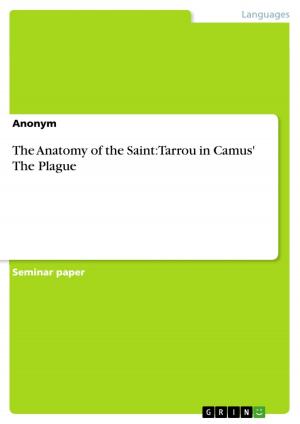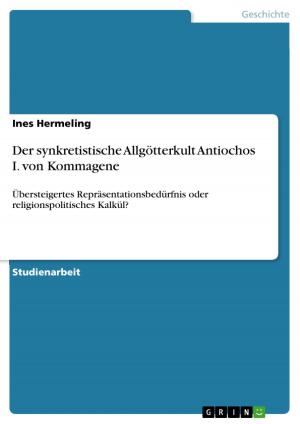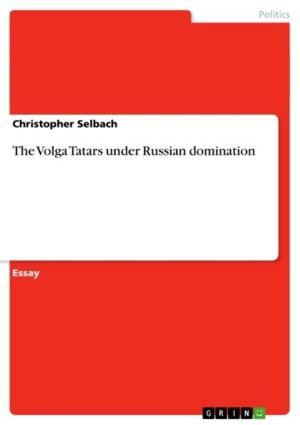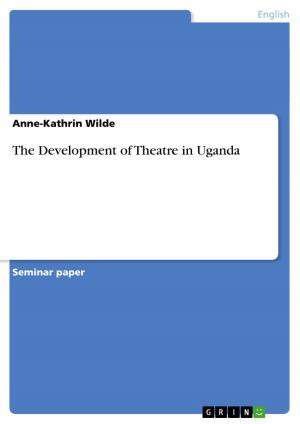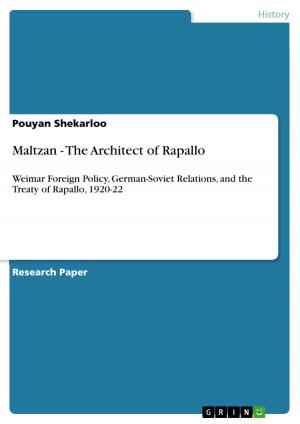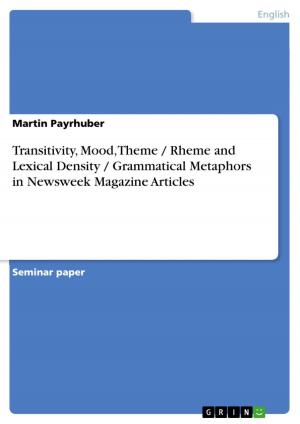The International Charlemagne Prize of Aachen. Charlemagne as a suitable model for the European Unity?
Nonfiction, History, European General| Author: | Anna Rüttger | ISBN: | 9783668197701 |
| Publisher: | GRIN Publishing | Publication: | April 15, 2016 |
| Imprint: | GRIN Publishing | Language: | English |
| Author: | Anna Rüttger |
| ISBN: | 9783668197701 |
| Publisher: | GRIN Publishing |
| Publication: | April 15, 2016 |
| Imprint: | GRIN Publishing |
| Language: | English |
Seminar paper from the year 2015 in the subject Cultural Studies - European Studies, grade: 1,0, University of Applied Sciences Essen, course: Integriertes Europa, language: English, abstract: At this time, the International Charlemagne Prize of the city of Aachen is one of the most significant European awards and the first prize in post-war Germany. Named in remembrance of Charlemagne, the father of the western civilisation, it was established in 1949 by citizens of Aachen and first awarded in 1950. The Charlemagne Prize includes prize money of 5000 euros, the amount being intentionally small to give weight to the ideational background of the prize. Beyond the prize money, there is an official document and a medal depicting the oldest town seal of Aachen: Charlemagne, the Franconian king. The prize, which has now been awarded over 55 times, is bestowed to give credit to teachings affecting the western unity. As a first step, this seminar paper aims to reveal the history of the Charlemagne Prize and enters on the awarding criteria as well as some abnormalities regarding the laureates, which includes examples of known persons who received the Charlemagne Prize. After that, the image of Charlemagne, the founders, or the society of the prize shall be examined, moreover the role of Charlemagne playing in the speeches of the laureates shall be analysed. In the chapter 'The image of Charlemagne in comparison to the history', the image of Charlemagne will be examined historically. Finally the seminar paper shall concentrate on the question of whether, and in what way, Charlemagne is suited to being a historical symbolic figure for the European Unity.
Seminar paper from the year 2015 in the subject Cultural Studies - European Studies, grade: 1,0, University of Applied Sciences Essen, course: Integriertes Europa, language: English, abstract: At this time, the International Charlemagne Prize of the city of Aachen is one of the most significant European awards and the first prize in post-war Germany. Named in remembrance of Charlemagne, the father of the western civilisation, it was established in 1949 by citizens of Aachen and first awarded in 1950. The Charlemagne Prize includes prize money of 5000 euros, the amount being intentionally small to give weight to the ideational background of the prize. Beyond the prize money, there is an official document and a medal depicting the oldest town seal of Aachen: Charlemagne, the Franconian king. The prize, which has now been awarded over 55 times, is bestowed to give credit to teachings affecting the western unity. As a first step, this seminar paper aims to reveal the history of the Charlemagne Prize and enters on the awarding criteria as well as some abnormalities regarding the laureates, which includes examples of known persons who received the Charlemagne Prize. After that, the image of Charlemagne, the founders, or the society of the prize shall be examined, moreover the role of Charlemagne playing in the speeches of the laureates shall be analysed. In the chapter 'The image of Charlemagne in comparison to the history', the image of Charlemagne will be examined historically. Finally the seminar paper shall concentrate on the question of whether, and in what way, Charlemagne is suited to being a historical symbolic figure for the European Unity.
